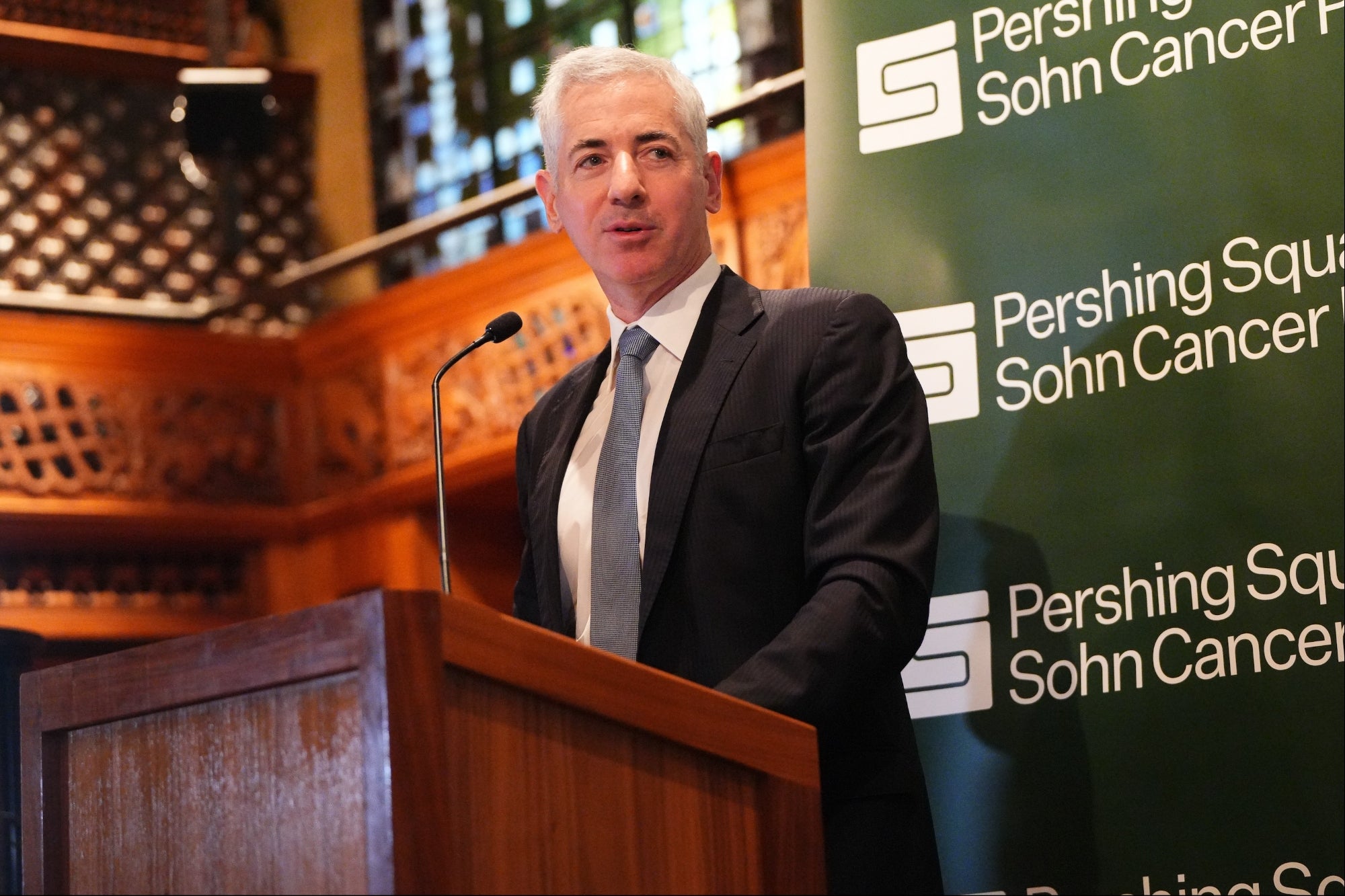Are You Recognizing Your Employees? If Not, They're Twice as Likely to Quit Recognition can help make significant strides in rebuilding employee trust, motivation and long-term commitment. It's a business strategy that we need now more than ever.
By Anthony Knierim Edited by Kara McIntyre
Key Takeaways
- According to one report, 32% of employees frequently feel stressed, with 25% suffering from burnout, highlighting the need for improved workplace recognition.
- Effective recognition can cut attrition and enhance engagement, boosting motivation and commitment among employees.
- Recognition should be timely, specific, value-aligned and embedded into daily workflows; it's not extra, but a strategic necessity for thriving cultures.
Opinions expressed by Entrepreneur contributors are their own.
The past few years have pushed employees to their limits. Post-pandemic fatigue, hybrid work struggles, economic uncertainty and constant change have created an environment where burnout is no longer the exception. For a lot of people, it's become the norm. According to our 2025 Well-being Report, 32% of employees report frequently feeling stressed at work, with 25% experiencing burnout.
The results of these emotions are often higher attrition, lower engagement and declining performance. Companies are rightly investing in mental health resources and wellness programs, but many are missing a basic human truth: when people don't feel seen, valued or appreciated, they start to disconnect.
When done right, recognition can help make significant strides in rebuilding employee trust, motivation and long-term commitment. It's a business strategy that we need now more than ever.
Related: How Startups Can Boost Team Morale and Drive Success Through Recognition
Why recognition works (and why it's often overlooked)
Burnout isn't solely caused by workload. It's caused by effort without acknowledgement. And when recognition is missing, especially in high-stress environments, even top performers can quietly check out.
Part of the problem is that recognition isn't always measurable. It doesn't show up neatly on a dashboard. It can feel "soft," something HR should handle, or something you get to once the "real work" is done. But the data tells a different story. Gallup's research found that "employees who do not feel adequately recognized are twice as likely to say they'll quit in the next year."
Recognition is more than a pat on the back; it's about meeting a psychological need. When people are recognized, the brain releases dopamine, reinforcing the behavior and increasing motivation. It also taps into the core drivers of engagement: belonging, purpose and connection. And yet, many leaders still overlook it because they were never taught how to give effective recognition. It's not about handing out generic praise or waiting for performance reviews. It's about noticing effort in the moment and connecting it back to purpose.
What modern recognition looks like
Recognition today needs to reflect how we actually work. It should be timely, specific, and aligned with values, not just output. It needs to include remote employees and hybrid teams, and it should happen more frequently than once a quarter. Some research recommends offering genuine, well-deserved praise as frequently as at least once a week.
Personally, I've leaned into a habit of sending quick, thoughtful messages via Slack or short emails when I see a "quiet win." It's not loud or public, but it's consistent. It shows people that they're seen, even if they aren't in the spotlight. I've found that this kind of recognition builds trust faster than metrics ever could.
That style also reflects something about me: I don't love public recognition. I'd rather shine the light on others and focus on how a team delivered toward a shared goal. But that doesn't mean I don't value it. I just try to tailor how I give it, so it feels authentic and meaningful.
Related: Stop Losing Your Best Employees with These 3 Retention Strategies
Recognition strategies can (and should) scale
Recognition doesn't have to be manual or sporadic. It can be designed into the fabric of how teams work. Whether it's peer-to-peer platforms that allow teammates to highlight each other's contributions, or simple nudges in a manager's calendar to share appreciation during check-ins, recognition can be embedded into the rhythms of work.
I've seen organizations tie recognition into OKRs, performance reviews and even onboarding. The point is to stop treating it as a side note and start integrating it into how we evaluate, support and retain our people.
One of the best examples I've seen is a team using Slack integrations that let people send kudos with just a few clicks, with the option for public praise when it makes sense, and private when it's more personal. These moments create cultural ripple effects. They remind people that what they do matters, even on the days when results are still in progress.
The business case is stronger than ever
Recognition isn't just an important soft skill; it's a retention strategy. Our 2025 Appreciation Index showed that recognition received from managers can have a profound impact on the employee experience. Recognition is one of the most cost-effective ways to reduce turnover, drive engagement and build a culture where people want to stay and grow.
I've seen it firsthand. Early in my career, I gave a presentation that flopped. It was a rough day. I was frustrated, impatient and ready to walk. But a senior leader took five minutes to personally acknowledge the insight behind the mess. She saw the sharp thinking beneath the rough edges and told me she believed in what I was building. Then she followed up with guidance, coaching and time. That moment completely changed how I showed up. I went from disengaged to fiercely loyal. That's the power of well-placed recognition. It doesn't just reward; it restores.
How leaders can start today
Start by training managers to give better feedback. Make sure recognition is timely and tied to purpose, not just performance. Audit what you're already doing to find out what's landing and what's being missed. And don't wait for a milestone to say thank you. Recognition should be everyday behavior, not a quarterly task.
Most importantly, embed it into your leadership expectations. If your KPIs only track results, you're missing the culture-building moments that make those results sustainable. Leaders set the tone. When they model appreciation, it becomes contagious.
This isn't fluff — it's strategy
In a post-burnout world, people don't just want a paycheck. They want to feel that what they do matters. Recognition meets that need. It brings energy, loyalty and belief back into organizations that are running low on all three. It's time we stop seeing recognition as extra. It's not about giving out gold stars; it's an essential part of building a culture where people thrive.











